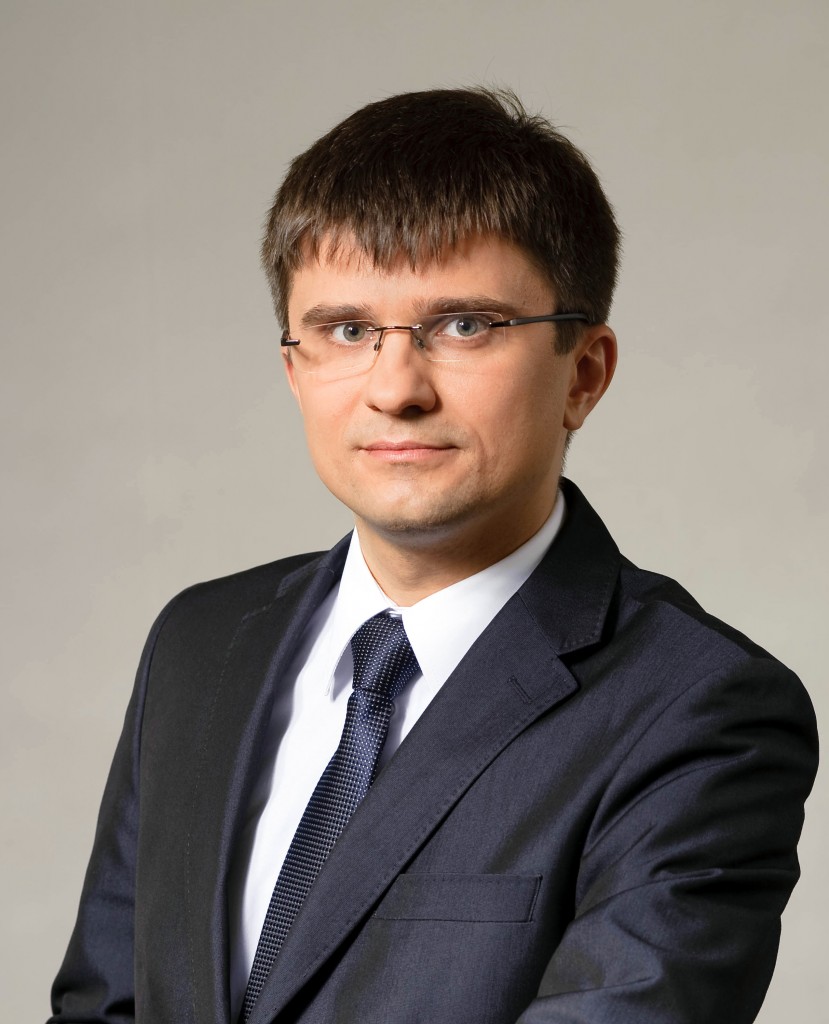The maintenance program is not specific
“In order for contractors and suppliers to be able to reliably evaluate the design of a long-term maintenance contract, the Ministry of Infrastructure and Construction should disclose additional information. There is a lack of data on the distribution of funds for specific types of work, their issuing schedule and categorisation of lines.” says Rafał Leszczyński, CEO of KZN Bieżanów in an interview for Railway Market (Rynek Kolejowy).
 The draft maintenance contract is currently at the consultation stage. Does the document meet the expectations of the industry?
The draft maintenance contract is currently at the consultation stage. Does the document meet the expectations of the industry?
We are very happy that from the level of assumptions and rough ideas the project has finally entered the stage where the final document will be defined, and which has just been submitted for consultation. There was a lot of talk about the maintenance contract, but nothing happening. There was a lack of will and, above all, solid, long-term budgetary means that would secure its implementation by PKP PLK. Today, we can talk about a specific budget of PLN 27 billion and a six-year spending perspective. And while many key pieces of information are still missing, the fact that the process of defining the final document has begun is very good news for the industry.
Why is it so important?
So far, funding for maintenance has been contracted in the annual budget; each time there was a battle for funds and each time the amounts were different – more dependent on the current budgetary situation than the real needs for maintaining the railway network. Such immediate action was problematic for the infrastructure manager who did not know if, when and to what extent he would receive the necessary funds. This translated into the scale of maintenance works, which had to be planned and implemented in the short term over a few or several months. And this spilled over into uncertainty among other market participants, who were planning their employment or investments in plant and machinery on a smaller scale. Today, we are talking about different entry conditions: certain funds set aside over a long-term perspective give certainty to the infrastructure manager, contractors and suppliers. The first can develop effective, long-term maintenance plans. The latter may plan their investments and resources for the implementation of this core market segment.



